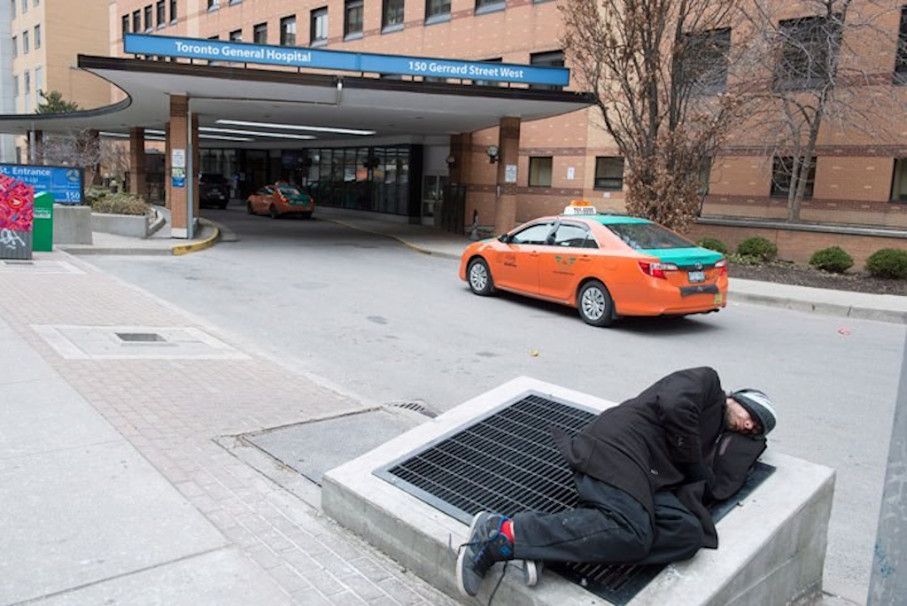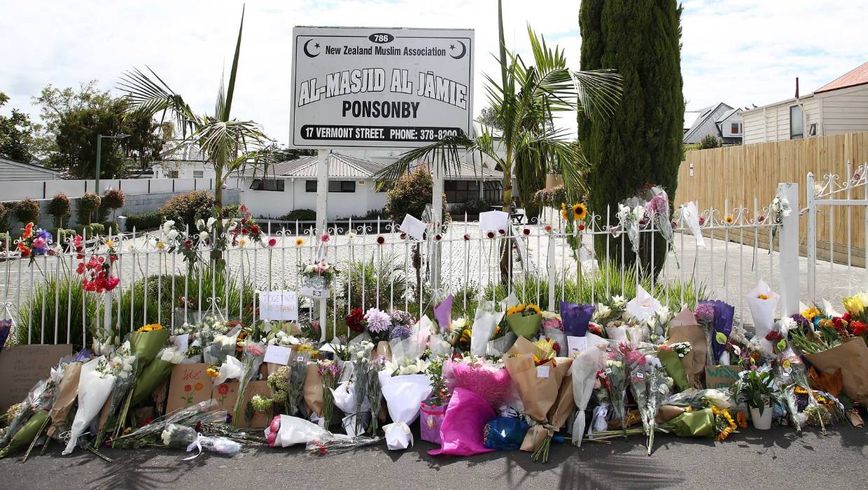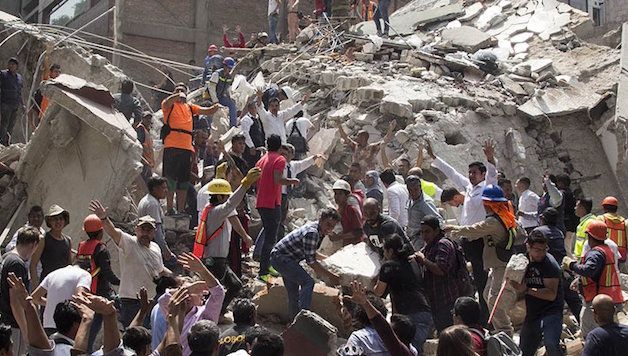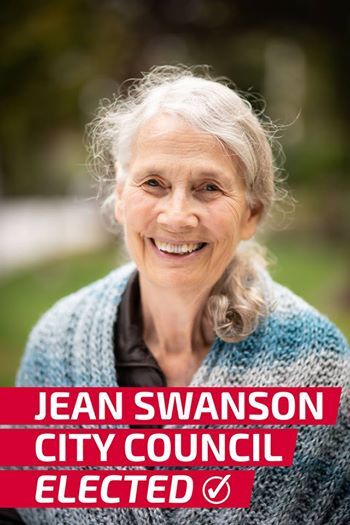As we enter the second month of the COVID-19 lockdown, I will share my thoughts, as an inner-city general practitioner in Toronto.
Firstly, I do not consider myself as working on the frontlines. I have the good fortune of a well-paying job, a home that I partially own, adequate food on the table, am a cis-gender male, and now, with the pandemic, the public perception of being a frontline hero. I disavow this designation, for all the ego-gratification that it brings, but will state that my work brings me face to face with the people who are the true heroes of our present predicament – the workers, the elders, the folks living in physical and mental health, income, housing and immigration precarity. These are the living, breathing soul of everything that is of value on our planet. Sadly, they are the ones who are paying the true price of COVID-19.
Every morning as I ride a deserted subway to work, I observe my fellow travelers. Gone are the business suits and briefcases. Now, the people relegated to risk their health on transit are the workers – personal support workers, workers of all descriptions, deemed essential to keep our struggling economy alive. A disproportionate representation of the Black, Indigenous and People of Colour. People who cannot self-isolate or continue to garner income by working at home.
At the office over the past month I will illustrate some of my typical encounters:
A talented, young playwright with five works on the go, who was anticipating his first year of possibly living above the poverty line, suddenly confronting the abrupt disappearance of all theatre venues for the foreseeable future. He is now applying for EI but is uncertain as to whether he will qualify.
A warehouse worker, whom I consider like a brother because we are the same age, who recently lost his wife and his job, and has been supporting two sons who were also recently laid off from work. He has been working at minimum wage for the past ten years, with no pension, or sick leave benefits.
A young woman, a former IV street drug user, who courageously extracted herself from that life, returned to school, recently graduating as a Registered Nursing Assistant, and getting a job in the Surgical Intensive Care Unit at the University Health Network. She expresses fear and trepidation about the impending risks, as a true, front line health hero.
An Eritrean woman disserviced by the racism of Canada’s Immigration and Refugee Board, living without status, yet working 60-hour weeks, amidst weekly reporting to Canadian Border Services Agency, with two sick children at home, one with chronic asthma.
A Nigerian woman in similar Immigration limbo, awaiting renewal of her Work Permit, delayed over a month, working for a Canadian Telecommunications giant, who is threatening to lay her off after five years of stellar work. She recently found out that her eldest daughter had died back home. No parachute for her.
Common threads: How will I make rent? Will I be deported? (It remains to be seen whether Fortress Canada will enact reciprocity with regard to deportations to danger). How will I pay for needed medications? How will I keep my sanity in a one-bedroom apartment, with two children at home? Am I eligible for Trudeau’s bailout package?
The challenges of telemedicine are front and centre amidst the COVID-19 crisis. The modern primary care paradigm in Toronto has appeared to be a reluctance to provide service over the phone. It is de rigour for many doctors to charge an annual “administration fee” for the privilege of returning phone calls from patients. Now doctors are being asked to provide telephone/video consultations as the primary mode of service delivery. Many such doctors are feeling stressed, providing a component of care that should always have been provided.
Yesterday, phone consultation prevented a severe asthmatic from having to go to the ER. Two new cancer diagnoses were discussed over the phone. There were dozens of calls to people confined at home with typical late winter viral infections, fearful that they have COVID-19. A dozen more to people just generally stressed by their present conditions amidst the pandemic.
My personal dilemma at present, relates to my elder home care practice. Although I am technically a senior, with conditions that place me at higher risk, this virus does not terrify me. I am, however, very worried about transmitting the virus to the frail elders that I see every Wednesday. I have no recourse but to get out to see them, but will wear full PPE, for their protection, not mine. I have not seen my own beloved parents for four weeks.
I have a nagging sense that I could be doing more.
On my way home, I check in on some of the street folk that I have gotten to know over the years. Sally, a trans-Indigenous woman, has an infected sore on her upper chest. The first COVID-19 case has been identified in her shelter. Tony, whose Humber valley campsite was flooded in January, has a fresh surgical scar on his left arm, from a knife accident that severed two tendons. He reassures me that he is managing. He is thankful to be living on his own.
His stoic courage belies fear as to what our future portends. Can it possibly get worse for folks like Sally and Tony?
Many of the street regulars have disappeared. I can only hope and pray that they are safe.
The COVID-19 virus is a mutant cold virus, whose emergence and spread was caused and facilitated by Capitalism. It is highly contagious, but not especially virulent. It has however, cut like a laser, to the rotting, moribund heart of Capitalism.
I am hoping that years from now, we will look back at COVID-19 fondly, as the little virus that triggered a global, People’s Revolution that toppled Capitalism. I don’t believe that we have an alternative.




